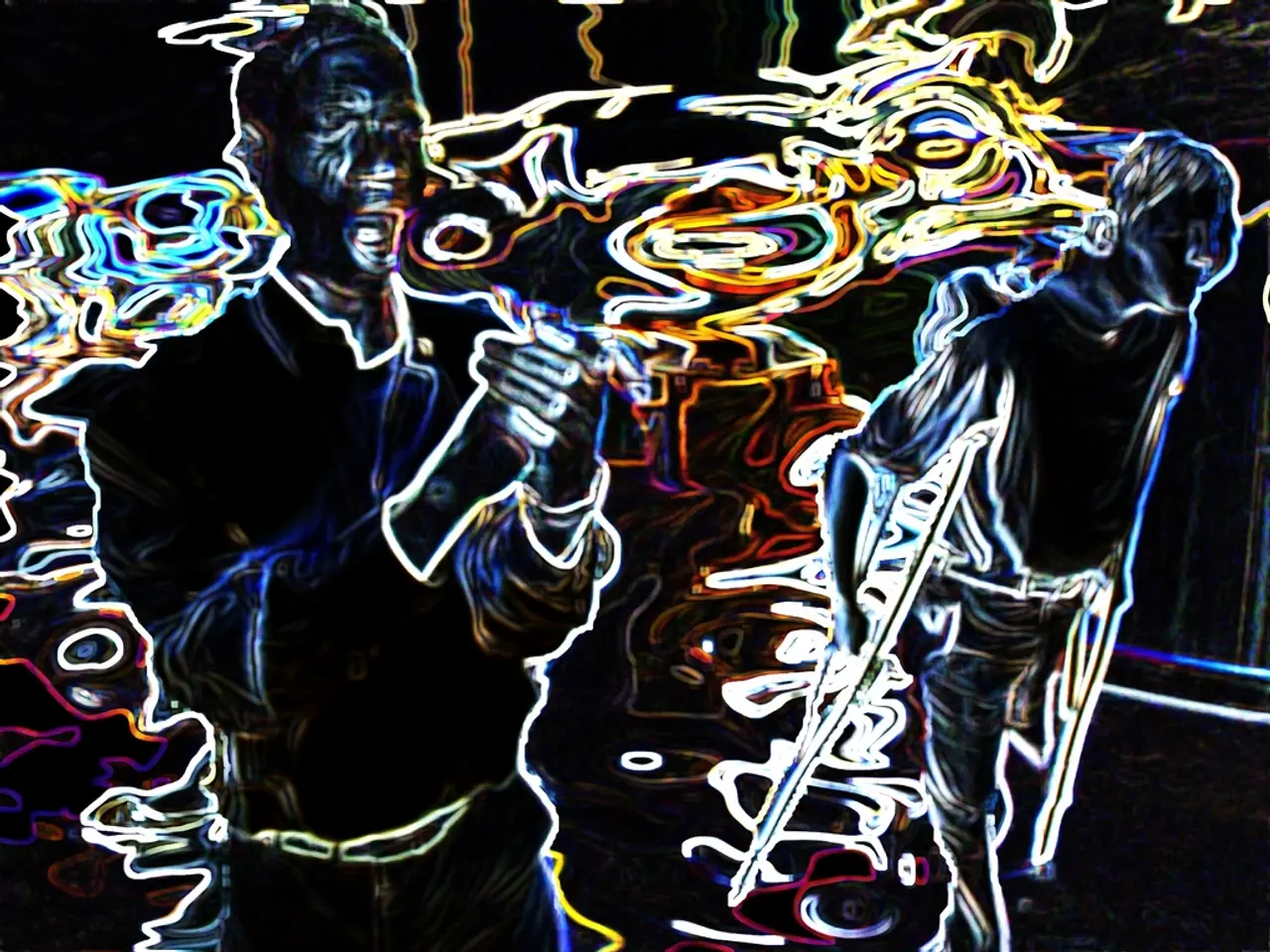In a groundbreaking claim, researchers assert that traversing to a different realm may skew one's perception of reality.
In the digital age, a fascinating practice known as reality shifting has gained traction, particularly among Generation Z. This practice involves individuals mentally or spiritually transporting their consciousness into an alternate reality online.
The appeal of reality shifting can be attributed to several factors. For some, it offers a means of escape from a world that feels deranged, unstable, and increasingly bleak, or a respite from academic pressure, climate anxiety, and social hyperconnectivity. The philosophy of tailor-making one's personal identity and experience might also contribute to its allure.
Reality shifting thrives on visualization, affirmations, AI, deep fakes, and virtual worlds. Methods such as the Raven Method, Alice in Wonderland Method, and Intent Method are popular for inducing this shift. AI-generated influencers like Lil Miquela and Shudu Gram further blur the boundaries, interacting, endorsing, and influencing as if they were real.
However, scientists studying the phenomenon warn of potential dangers. The hippocampus, a key player in memory formation, relies on partial cues to reconstruct entire experiences through pattern completion. Yet, it sometimes fills in the blanks with errors. The anterior cingulate cortex and prefrontal cortex weaken under misleading or confusing information, making us more susceptible to suggestion.
This susceptibility could lead to distorted self-perception, poor reality handling, and dissociation or detachment from reality. Psychologist Elizabeth Loftus's research in 1995 demonstrated that complex autobiographical memories can be implanted and that memory is highly malleable and susceptible to suggestion.
The media-driven illusion of AI, deep fakes, and virtual worlds can feel more real than reality itself for those deeply involved in reality shifting. Immersion in a virtual world could potentially rewire memory, causing the brain to treat vivid and repeated memories as real, even if they're false.
A December 2023 study on the preprint server arXiv tested the ability of Gen Z dreamers to distinguish AI-generated text from human-authored text on communications platforms like Discord. The study found that Gen Z struggled to distinguish AI-generated text from human-authored text, raising concerns about the long-term effects of reality shifting.
Omar Sultan Haque, Ph.D., a psychiatrist and social scientist at Harvard Medical School, suggests that reality shifting is a practice that helps people embody a modern secular ideology of subjective self-creation. However, he also cautions about the potential dangers, such as distorted self-perception and poor reality handling.
The concept of convincing the mind of a shadow world is not new; it's a glitch in human memory that has been studied for decades. The phenomenon of false memories leading to wrongful convictions is well-documented in courts, serving as a stark reminder of the malleability of memory and the potential for deception.
Despite the growing interest in reality shifting, there are no specific researchers identified who study the phenomenon as a subject of academic study. The search results focus on extended reality (XR) technology research and other scientific fields but do not mention "reality shifting" as a subject of academic study by named researchers.
In conclusion, while reality shifting offers an escape for some and a means of self-creation for others, it also poses significant risks to one's perception of reality. As the lines between virtual and real worlds continue to blur, it's crucial to approach this practice with caution and awareness.
Read also:
- Peptide YY (PYY): Exploring its Role in Appetite Suppression, Intestinal Health, and Cognitive Links
- Toddler Health: Rotavirus Signs, Origins, and Potential Complications
- Digestive issues and heart discomfort: Root causes and associated health conditions
- House Infernos: Deadly Hazards Surpassing the Flames








